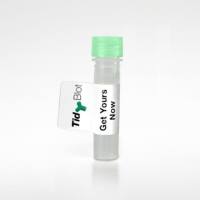Lyssaviruses: Special Emphasis on Rabies Virus and Other Members of the Lyssavirus Genus
互联网
486
Rabies is routinely diagnosed based on the clinical description and history of exposure in a rabies-endemic country. A negative diagnostic test for rabies virus or a related lyssavirus does not exclude the clinical diagnosis. Diagnostic tests are never optimal and are entirely dependent on the nature and quality of the sample supplied. Often, only a sample from a single time point is investigated reducing the overall sensitivity of any diagnosis. With the advent of molecular biology, tests have been developed that are rapid, robust, and sensitive in support of the rapid detection and strain identification of rabies virus from clinical specimens. These molecular tests complement conventional tests in rabies diagnosis, particularly for human cases, for which an early laboratory diagnosis is critical and may decrease the number of unnecessary contacts with the patient, reduce the requirement for invasive and costly interventions, and enable the appropriate medical treatment regimen to be administered for the patient. The barrier to success is in transferring the technology for the latest techniques in rabies diagnosis to rabies-endemic countries. These barriers are not insurmountable and in liaison with international organisations, especially OIE, FAO, and WHO, these diagnostic tests will be validated for rabies diagnosis and surveillance, and implemented in modern and well-equipped diagnostic laboratories throughout the world.








